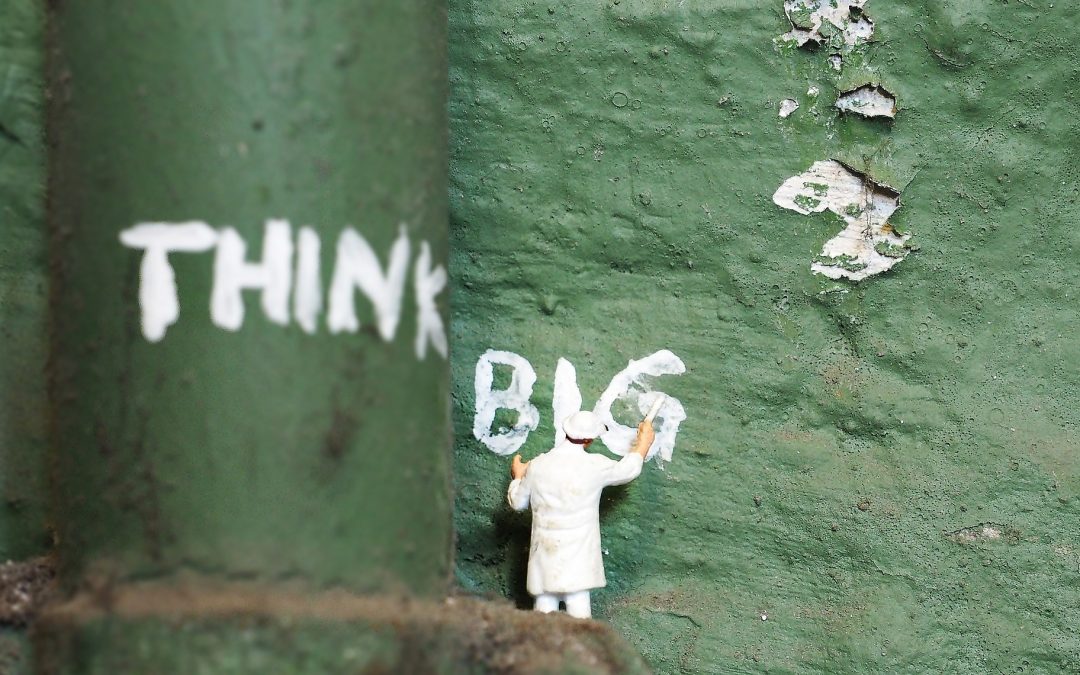In my late 20s, I had to give up my first career as an artist for health reasons. It was a shock to my identity – I loved being an artist.
Still, I was never a traditional artist. As far as many people were concerned I wasn’t an artist at all. I made screen-printed posters, some on commission, some for myself. I worked in community groups helping others to make posters. I wasn’t a ‘true artist’, meaning I wasn’t starving amid my oil paints in a garret somewhere.
So, when I had to change my creative path, I had already learned how important it is not to let other people define my creativity. For a while, I became a production manager in a graphic design studio, which means seeing clients, providing quotes and organising our team of designers to get the work done. It was a typical middle management role; not creative.
But I decided that it was creative. I decided to approach it with my whole creative being. I went to a course to study management (I was so terrible initially that the studio was in open rebellion within weeks) and improved my management and communication skills.
I designed new ways to organise the workflow and introduced the first Macintosh computers into the studio – today we call that service design or design thinking.
I found ways to inspire my staff to achieve their best and enjoy their work. I counted everything that I did there as a creative task.
Later, when I became a journalist, I again received a lot of challenges to my definition of creativity. ‘Are you going to write a real book?’ I was asked, by which the questioners meant a work of fiction.
I ignored their narrow definitions (however well-intentioned). Instead, I poured all my creative energies into writing hundreds of articles that tens of thousands of people read every week.
I dub you a creative leader, or parent or trench digger
I built my entire professional life as a journalist on a single semester of training in ‘freelance writing’. My lecturer, Graeme Orr, came into the first lesson and said, ‘I dub you all freelance writers.’ And truth be told, apart from learning some of the art of marketing my work to publishers, that was all it took.
What does creative mean? Here’s the Merriam Webster Dictionary definition #2: having the quality of something created rather than imitated: imaginative.
You can be more creative too if you take that step and dub yourself a creative. What company does not want a creative leader, what parent not want to be creative in how they approached parenting. Can a trench digger be creative? Of course, if she decides to discover the art in trench digging.
Why creativity is worth the bother
What is between you and creativity? Are you letting someone, or something, stand between you and your creative self? Who decided that drawing or writing is a creative act and managing or parenting is not. If creating is using your imagination to make something, how often every day are you creative? More often than you think, if you choose to widen your perspective.
When asked, most people would love to live a more creative life. And yet their very definition of creative is imitated and defined by others. If you want to be more creative, why not start by creating your own definition, using your imagination. Then you will have started to live more creatively from this moment on.
PS: Want more? You might like Publishing Power

